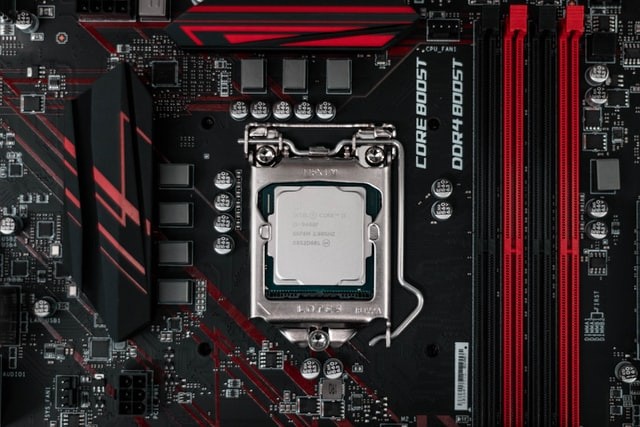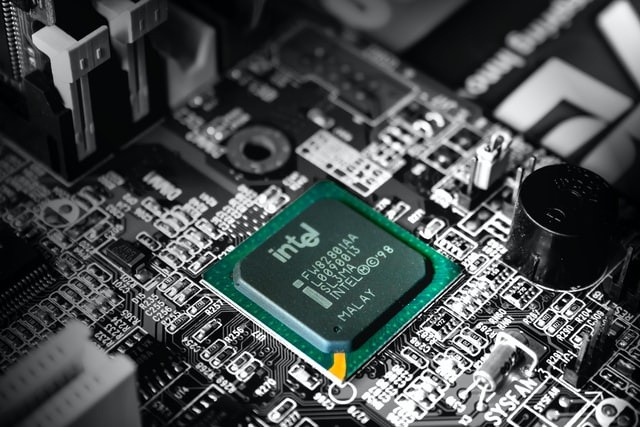Hackers are currently targeting PCs manufactured before 2019 because of Intel's Thunderbolt flaws. The hands-on hacking technique called Thunderspy is being used by hackers to physically access a device or PC. And this Thuderspy attack only takes five minutes to pull off.
Also Read: [HACKERS] 73 Million Hacked Accounts Sold on the Dark Web; Here Are The Best Password Managers For 2020 To Keep Your Account Safe

According to Wired's latest report, a warning was already given by security experts years ago that a personal computer or laptop left alone with a hacker, even for more than a few minutes, should already be considered compromised.
A new demonstration was conducted by a Dutch researcher showing how a physical attack can be pulled off by a hacker using an ultra-common component which is found in millions of PCs: the Intel Thunderbolt port.
A new method of attack was revealed in detail by Bjorn Ruytenberg, a researcher of the Eindhoven University of Technology. According to the results of the study, the technique of Bjorn can bypass the login screen, and even the hard disk encryption of sleeping or locked Linux PCs or Windows computers manufactured before 2019, to gain full access to the devices' data.
Bjorn's new technique does not leave any trace of intrusion and can be pulled off in just a few minutes. However, the attack requires opening the victim's laptops or PCs in many cases, using a screwdriver.
Millions of PCs are exposed to hands-on hacking called "Thunderspy" because of Intel's Thunderbolt flaws
According to Wired, the Thunderspy hacking technique opens a new avenue in what the security industry calls an "Evil-Maid-Attack." This is a technique of hackers to breach a computer, and there's no easy software fix except only by disabling the Thunderbolt port, as explained by Ruytenberg.

"All the evil maid needs to do is unscrew the backplate, attach a device momentarily, reprogram the firmware, reattach the backplate, and the evil maid gets full access to the laptop," explained Ruytenberg. "All of this can be done in under five minutes." He plans to present his Thunderspy research this summer at the Black Hat security conference.
Intel's Thunderbolt interface has been a concern of many security researchers since it has long been considered a potential data issue. It allows a more direct access to a computer's memory than other ports to provide faster speeds of data transfer to external device. Still, it can also lead to security vulnerabilities.
Last year, 2019, a group of researchers revealed a collection of flaws in the Thunderbolt components known as Thunderclap. One of these is a hacker who can easily breach a compter's security measures in just a short time by plugging a malicious device into the PC's thunderbolt port.
However, the researchers suggested that the Thunderbolt feature called "security levels" must take advantage of PC users. The feature will block any access request coming from untrusted devices or even switching off the Thunderbolt altogether in the operating system's settings, turning the vulnerable Thunderbolt port into a normal display and USB port.





